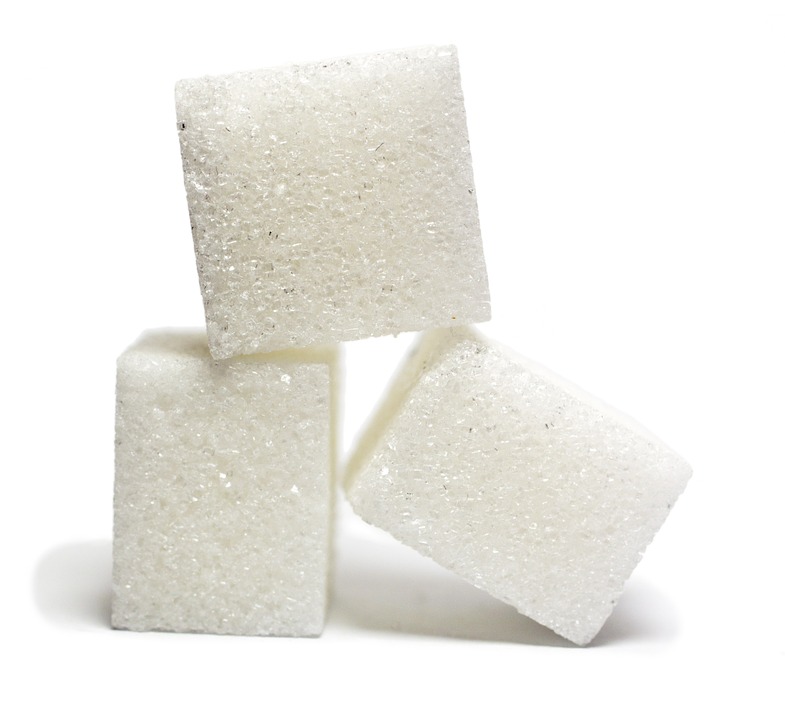Why is behaviour change so difficult? By Patrick Ladbury, Communications Manager at the National Social Marketing Centre.
Say Communications asked me to write a blog around this topic. My response was “I would love to”, and ideas immediately started running through my head about what I could write …until I got another email.
A week later I got a little reminder ‘nudge’ which prompted me to commit to send the blog by the end of the week. So why had writing the blog become so difficult? I hadn’t needed much persuasion to do it, my intentions were good, and I had the knowledge of what I wanted to write and yet it still took me 12 days to do it and I was someone who was open to change. Writing a blog is a much easier behaviour change than some of the major behavioural issues we are facing such as, obesity, global warming, and antibiotic resistance.
The first major difficulty is persuading people there is a need to change. A recent Radio 4 ‘You and Yours’ programme on health behaviour change asked listeners to phone in about what prompted them to change; every caller cited a health scare as their motivation for change. Unfortunately, The NHS cannot afford to wait for everyone to have a health scare and the subsequent possible treatment costs to ignite a change. What other reasons and motivations can we use to engender behaviour change?
Marketers are fantastic in creating needs that people didn’t know they had and products to fulfill those needs (I didn’t know I needed a blender until my wife told me so after seeing the benefits on an advert) – how can we create that need for social behaviour change rather than product purchasing?
The second difficulty is creating immediacy for change – do it now (not 12 days after you are asked to write a blog Patrick!). Many of the behaviours we are seeking to change are for a future intangible benefit (saving for a pension, not drinking too much due to possible cancer risks in the future) and they sometimes benefit other people (recycling will stop climate change affecting people in the Far East). People value the here and now and immediate feedback on their behaviour. This ‘present bias’ * focus has increased with the advent of social media and the immediacy of accessing information and feedback from global sources. How can we provide people with an immediate sense of the benefit and direct feedback when they change their behaviour?
The third major difficulty is the environment – is the environment conducive to behaviour change or is it a competitor? My blog writing was delayed due to other work, after work activities and having to stand up while travelling on the tube so I couldn’t type. I was finally able to write the blog on a return train journey, without access to emails or any other interruptions – the perfect environment.
Asking people to eat fewer sugary foods is very difficult when most products available and often those with price offers contain high levels of sugar (Catching the train from Newcastle before writing this blog, I wanted a snack for the journey but all that was available was chocolate bars and crisps from the station newsagents and catering trolley on the train). How can we design the environment so it is more helpful and conducive to positive behaviour change?
These are just three of the difficulties we face trying to persuade people to change their behaviour – how do we overcome them? That will be the topic of the next blog (I am trying to create a need so I am asked again!)
I hope you appreciate the blog and the difficulties I had to overcome to write it.
*Reference: Definition of Hyperbolic Discounting –www.behaviorlab.org/Papers/Hyperbolic.pdf
MPs show support of a Health Committee report that has found evidence that a sugar tax will reduce consumption. http://www.bbc.co.uk/news/health-34948410



